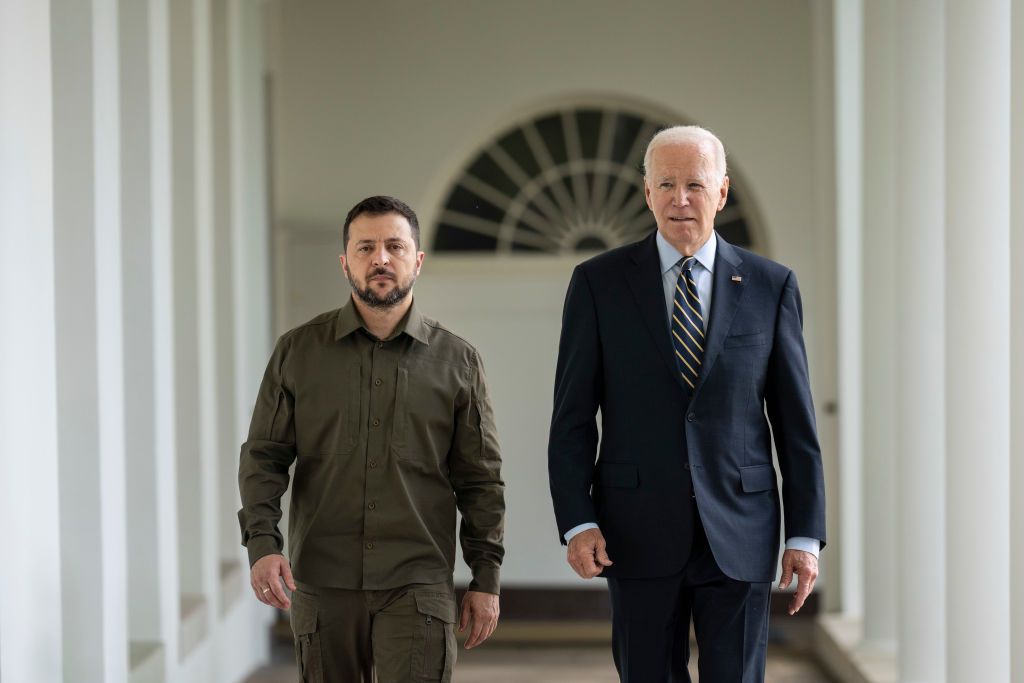Some Western leaders 'unimpressed' with Ukraine's victory plan, WSJ reports

The White House is concerned that President Volodymyr Zelensky's victory plan for Ukraine lacks a clear strategy to win against Russia, the Wall Street Journal (WSJ) reported on Sept. 25, citing U.S. and European officials.
Zelensky is set to present the details of his much-anticipated plan to U.S. President Joe Biden and Vice President Kamala Harris during a White House visit on Sept. 26.
The plan includes military and diplomatic components, including Ukraine's invitation to join NATO, but the full details of the peace framework have not yet been publicized. The goal of the plan is to strengthen Ukraine's future negotiating position and push Russia to make a just peace.
Some officials familiar with the plan's outlines said it focuses too heavily on requesting more weapons and lifting restrictions on long-range missile strikes.
"I'm unimpressed, there's not much new there," one senior official told the WSJ.
A key part of the plan hinges on the U.S. and Western countries allowing Ukraine to use long-range weapons to hit targets deep within Russia, Finnish President Alexander Stubb said. If the U.S. does not grant those permissions, Ukraine's proposals will be "less relevant," he told the WSJ.
White House officials are worried that Zelensky's plan does not offer clear, actionable steps that Biden can support in his four remaining months in office, the WSJ reported.
U.S. and European officials told the WSJ that parts of the plan remain underdeveloped, and that requests related to weapons are the must specific and detailed.
The Biden administration has been reluctant to grant wider permission for Kyiv to use U.S.-supplied weapons to strike military targets on Russian territory, citing the possibility of escalation with Moscow.
Russian President Vladimir Putin played into those fears ahead of Zelensky's visit to the White House, proposing changes to Russia's nuclear doctrine at a Security Council meeting on Sept. 25.
Putin said Russia could interpret any "aggression by a non-nuclear state with the participation of a nuclear state" as a "joint attack" against Russia.
Putin's nuclear warnings come as multiple Western outlets, including Politico and the Guardian, have reported that the U.S. and U.K. are considering shifting their positions on long-range strikes and preparing plans to ease current restrictions.
Biden said on Sept. 25 that he plans to announce a number of support measures for Ukraine during Zelensky's visit.
"Tomorrow, I will announce a series of actions to accelerate support for Ukraine's military," he said.
The announcement will reportedly include over $8 billion in military aid to Kyiv.














